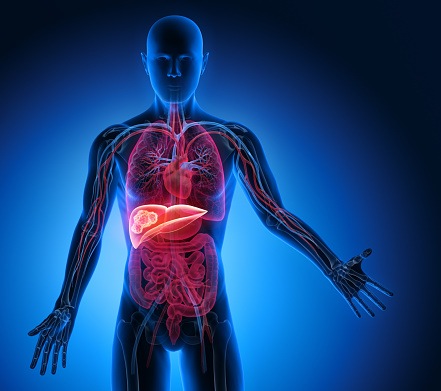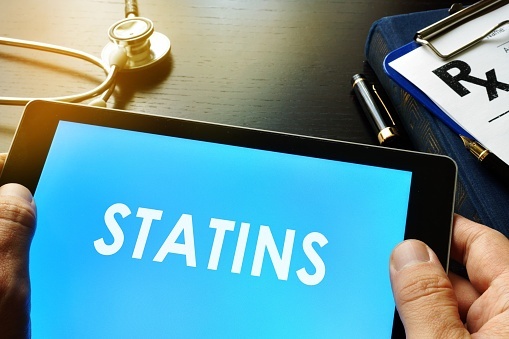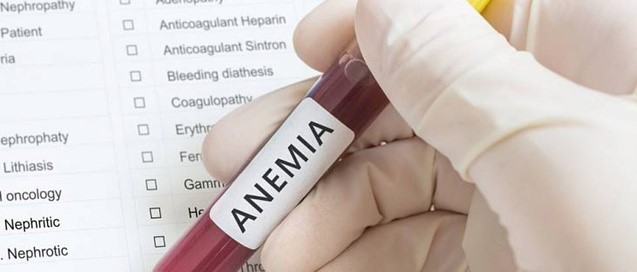
Hepatorenal syndrome type 1 (HRS-1) is a severe form of acute kidney injury experienced by people with cirrhosis. The CONFIRM [NCT02770716] trial was a phase 3 North American randomized controlled trial designed to compare rates of reversal of HRS-1 between patients treated with albumin plus terlipressin (n=199) and those treated with albumin plus placebo (n=101). Results of CONFIRM demonstrated that terlipressin is effective in reversing HRS-1 and in reducing the cumulative need for renal replacement therapy (RRT).
However, according to Juan Carlos Q. Velez, MD, and colleagues, it was undetermined whether terlipressin reduces the need for renal replacement therapy (RRT) among survivors of HRS-1. The researchers conducted a post hoc intention-to-treat analysis of data from CONFIRM to examine the incidence of RRT among CONFIRM survivors. The researchers also conducted a pooled analysis of data from three phase 3 terlipressin randomized controlled trials in HRS-1 (OT-0401 [NCT00089570], REVERSE [NCT01143246], and CONFIRM) to examine 90-day RRT-free survival rates.
Results of the analyses were reported during a virtual presentation at ASN Kidney Week 2020. The presentation was titled Terlipressin Improves Renal Replacement Therapy-Free Survival in Hepatorenal Syndrome Type 1.
In CONFIRM, patients in the terlipressin group had cumulative incidences of need for RRT at day 14, 30, and 90 of 23%, 26%, and 29%, respectively. The cumulative incidences of the need for RRT in the placebo group at day 14, 30, and 90 were 35% (P=.03), 36% (P=.07), and 39% (P=.1), respectively.
Of the patients who survived, significantly fewer of those in the terlipressin group remained dependent on RRT at day 14, 30, and 90 (22%, 26%, and 30%, respectively). In the placebo group, the percentages at day 14, 30, and 90 were 39% (P<.01), 43% (P=.03), and 46% (P=.05), respectively.
In the terlipressin group, the 90-day RRT-free survival rate was 35%, compared with 30% in the placebo group (P=.08); there was a numerically longer median number of days in the terlipressin group versus the placebo group (20 vs 11).
In the pooled analysis of data from the three phase 3 terlipressin trials, the 90-day RRT-free survival rate among patients in the terlipressin group (n=352) was greater than that in the placebo group (n=256): 37% versus 29%, P=.03; odds ratio, 1.47; 95% confidence interval, 1.04-2.07.
“Treatment with terlipressin added to albumin decreased the rate of RRT and improved RRT-free survival in patients with HRS-1. This is the first pharmacological intervention proven to reduce the need for RRT in patients with HRS-1. Because of the significant impact of RRT on quality of life, this observation expands the clinical benefit of terlipressin and enhances the reported efficacy of terlipressin in inducing HRS-1 reversal,” the researchers said.
Source: Velez JCQ, Befeler A, Kurtz I, et al. Terlipressin improves renal replacement therapy-free survival in hepatorenal syndrome type 1. Abstract of a presentation at the American Society of Nephrology virtual Kidney Week 2020 (Abstract FR-OR01), October 23, 2020.






 © 2025 Mashup Media, LLC, a Formedics Property. All Rights Reserved.
© 2025 Mashup Media, LLC, a Formedics Property. All Rights Reserved.